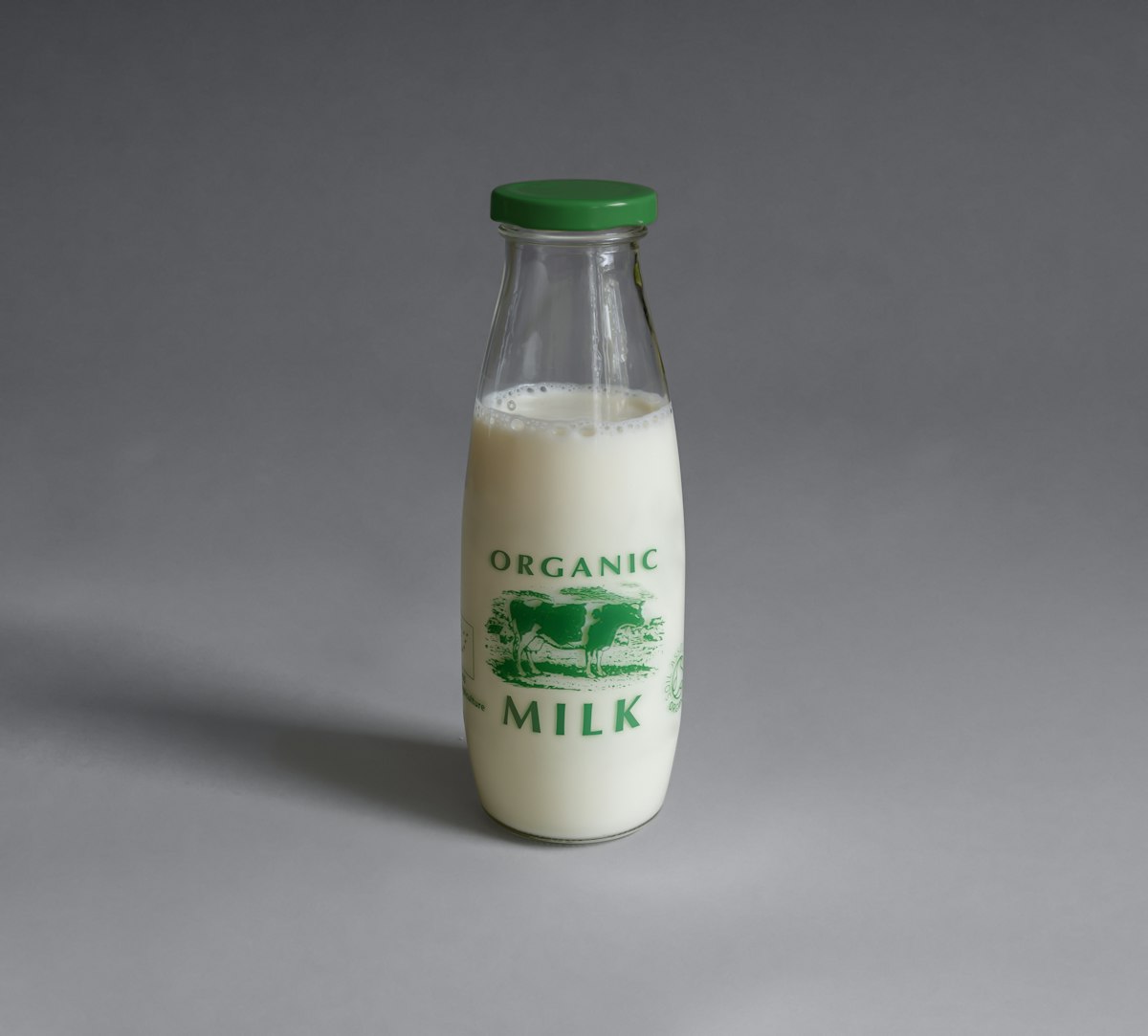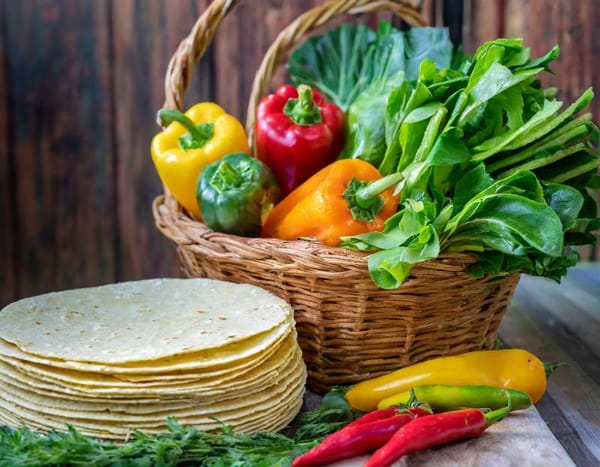Clarifying the doubts about the myths of raw milk
What about raw milk, obtained directly after milking? Is it a good option for health? Let's talk about milk and clarify the doubts about it.

The search for organic foods, with clean and local labels, is a growing trend among consumers around the world, motivated, in part, by the increasingly well-known damage to health that scientific research attributes to ultra-processed foods. At the same time, "artisanal" food processing is becoming increasingly popular and in demand. Today we will talk about milk, a highly consumed food in the world, and about which there are many myths.
In front of the supermarket shelves, we can be overwhelmed by the different forms of presentation in which we find milk: whole, semi-skimmed, lactose-free, powdered, pasteurized, and ultra-pasteurized. Even vegetable drinks based on rice, almond, and soy, which although they are not dairy formulas, may confuse more than one person, since they are commonly misnamed as "milk of vegetable origin".
Let's start by making the distinction that milk is the food extracted directly from the udder of the cow or other female mammals, so plant-based beverages would not be classified under the generic name of milk. Now, in the supermarket, we can find milk that has undergone a process known as pasteurization, ultrapasteurization (UHT), or dehydration, among others. What about raw milk, obtained directly after milking? Is it a good option for health? Aarón González Córdova, Lilia Beltrán Barrientos, and Belinda Vallejo Galland, academics from the Coordination of Food Technology of Animal Origin of the Center for Research in Food and Development (CIAD) clarify the doubts about it.
The CIAD professors pointed out that, in the first instance, it is necessary to emphasize that the philosopher's stone on which the food sector rests is to guarantee good hygiene practices in the production and preparation of food. In this regard, the quality and safety of raw milk are directly affected by various factors, including hygienic practices during milking and subsequent handlings, such as storage and transport. Good practices also influence sanitary quality (safety) and shelf life.
In case of bad practices in milk handling, milk can be contaminated with some microorganisms that could cause gastrointestinal infections. Therefore, experts from CIAD's Laboratory of Chemistry and Biotechnology of Dairy Products commented that the Official Mexican Standard (NOM-243-SSA1) establishes that raw milk must undergo heat treatment, known as pasteurization. In this sense, the general recommendation is that raw milk should be boiled for at least thirty minutes before being ingested; however, if a person decides to consume raw milk directly, it is best to make sure that whoever sells it offers guarantees of safety in its production.
There are also products made from raw milk, known as artisanal dairy products. Worldwide, these foods have been produced in a traditional and artisanal way for decades. Among them are artisanal cheeses, which are the best known and of which Parmesan cheese produced in Italy and Roquefort cheese produced in France stand out. In Mexico, we find different varieties of cheeses made from raw milk, such as cooked cheese from Sonora, cream cheese from Chiapas, poro cheese from Tabasco, and queso bola from Ocosingo, among others. The fact that these cheeses are made from raw milk gives them specific sensory characteristics for each product. In addition, during the maturation of these cheeses, the acid lactic bacteria naturally present in them protect us by decreasing the pathogenic microbial load that could be present.
CIAD researchers commented that several studies have reported obtaining probiotic bacteria (beneficial to health) from raw milk and products made from it. Likewise, national and international scientists have investigated the beneficial health effects of consuming artisanal dairy products.
Finally, they emphasized that multidisciplinary work is required to implement programs that contribute to the social appropriation of knowledge so that milk producers can establish and implement good hygiene practices to guarantee the quality and safety of raw milk.




